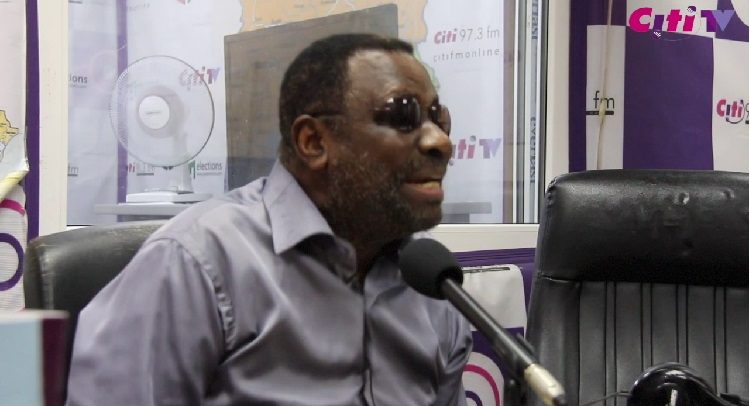I hate disputes that arise from football matches. Disputes in World Cup matches are particularly difficult to take, because, of course, the stakes are extremely high indeed, when it comes to that competition.
The case is made worse when one feels cheated because one’s country has been the victim of a biased, or even worse, an incompetent decision. A biased decision can be clearly exposed, but an incompetent decision needs an expert examination, and that’s not usually the cup of tea of your ordinary football enthusiast.
So you say, Christiano Ronaldo wasn’t fouled! He fell down in a practised simulation!”
And everyone says, “Yeah, tough! Do you really expect us to believe that you would admit that he was truly fouled? Who do you think we are? Naive babies? You can’t be an arm-chair footballer and be unaware that penalty decisions are the most disputed football issues in the world! – Well, maybe, after off-sides!”
What can one say in answer to those valid observations? Only this –which the world of football ought to understand the game and its rules better.
After all, it is FIFA, the ruling body that makes the rules.
After so many years of breaking the hearts of football fans with terrible decisions, FIFA, in its wisdom, decided to introduce VAR – Video Assisted Refereeing. In doing that, FIFA was following another game in which umpiring decisions attract an enormous amount of controversy: cricket.
But as FIFA has somehow managed to fudge the issue of VAR decisions. Whereas in cricket, decisions by umpires can be reviewed upon an appealed by teams – after a stated amount of time, in football, the VAR can only come into play IF the VAR operators first draw the attention of the referee by phone to a mistaken decision he’s taken.
It is only then that the referee can go and watch the incident and agree with his fellow umpires in the TV room, that the initial decision was wrong.
In Ghana’s match with Portugal on 24 November 2022, it was quite clear that Christiano Ronaldo feigned or simulated the attack on him in the 64th minute by Ghana’s Salisu.
Both players went for the ball; Salisu reached it first and actually got his foot to it before Ronaldo bumped into him. Ronaldo then conveniently fell down, was awarded a penalty, and, of course, scored. We see this sort of stimulation in football matches week in, week out, and it was a great pity that Portugal was made to profit from it, instead of being punished, by Ronaldo being given a yellow card.
What a shame that this should have happened to a Ghana side that was so good that it was almost immediately able to equalise, and go on to score another goal to bring the result to 3-2.
Most Ghanaians and other Africans will always believe that the result should have been 2-2. And it isn’t Africans alone saying it: one very well-known British soccer pundit described the goal as a “gift” to Ronaldo and Portugal!
This type of trick is witnessed, day in day out, by football fans, and it is quite difficult to understand why the American referee could not have detected what Ronaldo had done.
Was the referee’s error due to inexperience? (You see, until recently, “soccer” had been a relatively minor game in the US, and does not have the same experienced supervising personnel as, say, “American football” or baseball” does, in the US.
In any case, whether he was experienced or not, whether he was competent or not, VAR was there to assist the referee and he should have been obliged to make use of it.
For if it is not to be used, then what is its purpose?
It was Ghana’s bad luck that an American referee was in charge of the match with Portugal, in the first place. It was doubly unlucky for Ghana that the VAR system could not be triggered into action at such a vital moment. FIFA will have to be pressurised, once dragged, kicking, once again, to modify its VAR system.
FIFA most certainly ought to bring its VAR system into line with cricket, which was once a more stuffy game than football but is now one of the most competently adjudicated games in the world.
Ronaldo is apparently now going to strut about the world as “The player who scored in five World Cups” (or so say the foreign commentators. But it is an empty title, as far as Ghanaians and many other fans of the game around the world are concerned.
Meanwhile, the Black Stars should learn a hard lesson from the Ronaldo incident. It is this: non-African referees tend to award too many fouls against black players, in a no-doubt race-based belief that black players are too “rough” or “robust” in their attack. Once such a racist belief has gained ground, it is almost impossible to shake it off, and it must be expected ion international matches.
So our boys should be extremely careful when attacking. An attack can be effective without looking threatening, and they should learn how to do that.
Meanwhile, good luck to them against South Korea!
BY CAMERON DUODU


